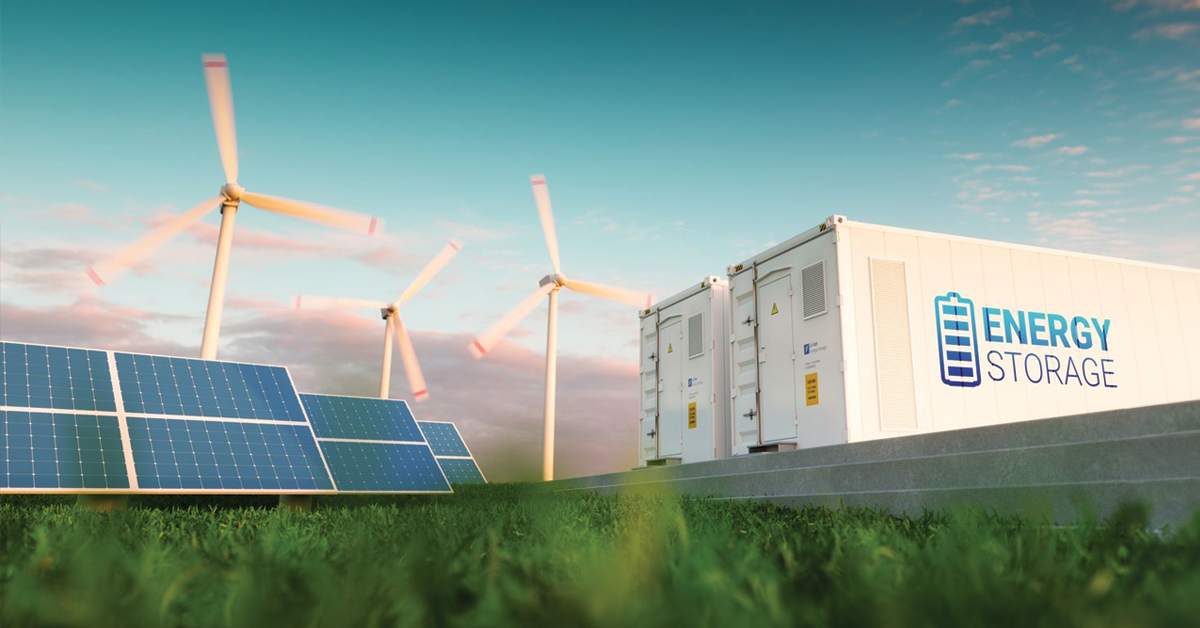Artificial Intelligence (AI) is revolutionizing the way we manage and utilize stored energy resources to achieve sustainable energy solutions. By employing AI algorithms and predictive analytics, we can unlock the full potential of stored energy, minimize waste, reduce costs and pave the way for a more sustainable future.
AI is proficient in processing vast amounts of data and identifying patterns and trends that may not be easily noticeable to human operators. This capability is particularly valuable in the field of stored energy management, where complex systems and dynamic variables must be continuously monitored and optimized. By analyzing historical data, weather patterns, energy demand forecasts, and other relevant factors, AI algorithms can predict energy consumption patterns and optimize the charging and discharging of stored energy systems accordingly.
One of the key benefits of using AI in stored energy management is its ability to improve efficiency and reliability. AI-powered energy management systems can dynamically adjust parameters such as charging and discharging rates, storage capacity utilization, and grid interaction based on real-time data and predictive modeling. This ensures that stored energy resources are utilized optimally, minimizing energy waste and maximizing the reliability and resilience of the grid.
Moreover, AI can facilitate advanced optimization techniques such as demand response and load shifting, which further enhances the efficiency of stored energy systems. By coordinating energy usage with fluctuations in demand and grid conditions, AI algorithms can reduce peak loads, mitigate grid congestion, and avoid costly energy spikes. This not only benefits individual consumers by reducing electricity bills but also alleviates strain on the grid and promotes overall energy efficiency.
Another significant advantage of AI in stored energy management is its ability to adapt and learn over time. As AI algorithms process more data and gain insights into energy consumption patterns, they can continuously refine their predictive models and optimization strategies. This iterative learning process enables AI-powered energy management systems to become increasingly accurate and effective over time, maximizing the value and efficiency of stored energy resources.
Furthermore, AI can enable integration with renewable energy sources such as solar and wind power, which are inherently intermittent and variable. By forecasting renewable energy generation and dynamically adjusting stored energy systems accordingly, AI algorithms can help smooth out fluctuations in supply and demand, ensuring a stable and reliable energy supply.
In conclusion, AI has immense potential for enhancing the efficiency of stored energy management systems. By utilizing predictive analytics, optimization algorithms, and machine learning techniques, AI can unlock new levels of efficiency, reliability, and resilience in the utilization of stored energy resources. As we continue to harness the power of AI in energy management, we can build a more sustainable and resilient energy infrastructure for the future.
I would love to hear from you on your thoughts on this blog please write to me at https://www.linkedin.com/in/vijayverghis/
